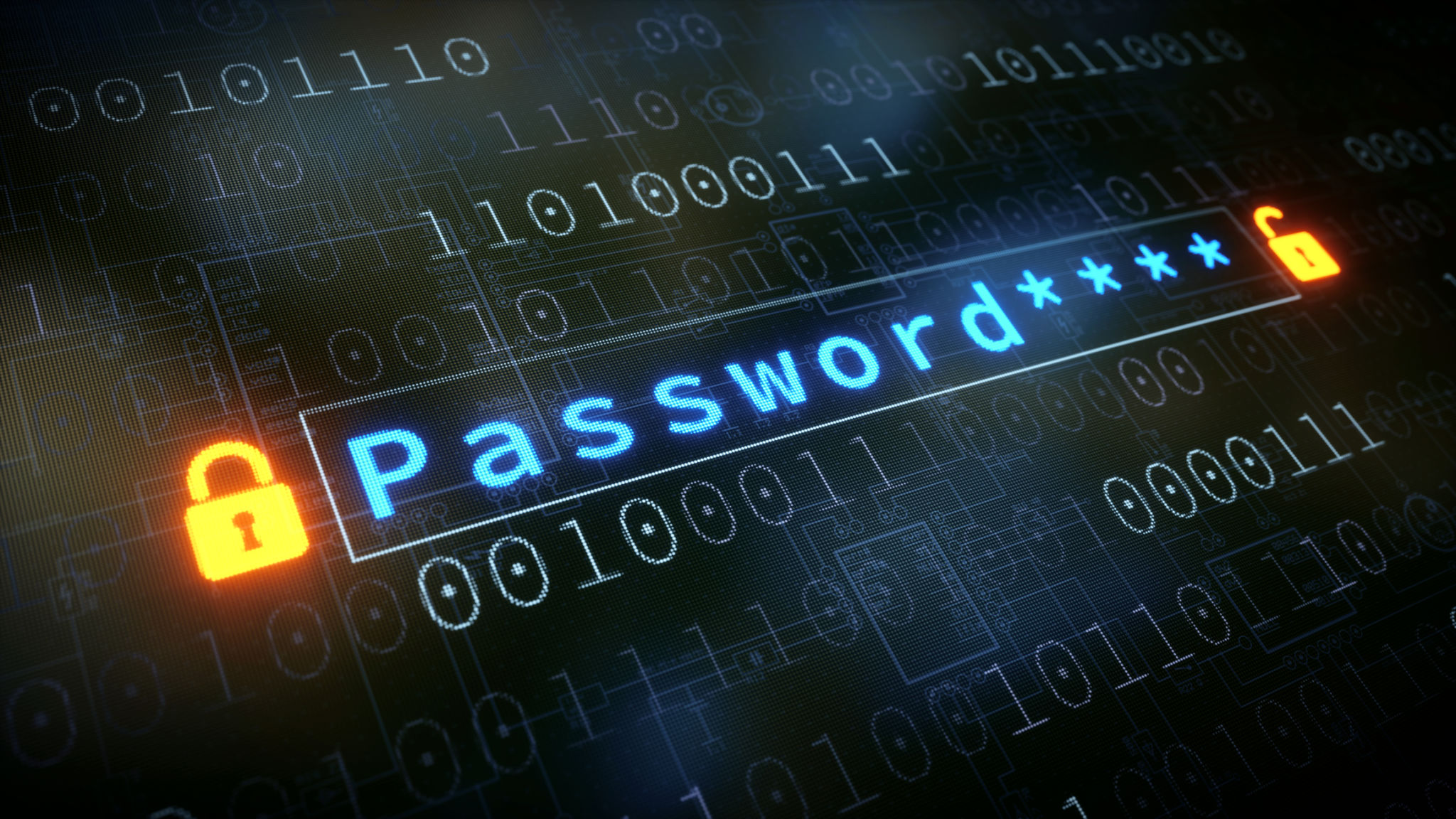Common Cybersecurity Misconceptions: Insights from London Network Security Experts
Understanding Cybersecurity Misconceptions
In today's digital age, cybersecurity has become a crucial aspect of both personal and professional life. Yet, many misconceptions persist, often leading to vulnerabilities. London network security experts have identified several common myths that need debunking to ensure better protection against cyber threats.

Myth 1: Small Businesses Aren't Targets
A prevalent misconception is that cybercriminals only target large corporations. However, small businesses are equally vulnerable. In fact, they can be more appealing targets due to their often less robust security measures. Hackers look for easy opportunities, and small businesses frequently provide just that.
It's essential for small businesses to invest in comprehensive cybersecurity measures. Ensuring regular updates and employee training can significantly reduce the risk of attacks.
Myth 2: Antivirus Software Alone Is Sufficient
While antivirus software is a critical component of any cybersecurity strategy, relying solely on it is inadequate. Modern cyber threats are increasingly sophisticated and capable of bypassing basic antivirus defenses.
A multi-layered approach is necessary, incorporating firewalls, intrusion detection systems, and regular system audits. This comprehensive strategy helps in identifying and mitigating potential threats before they cause harm.

Myth 3: Cybersecurity Is Solely an IT Responsibility
Another common belief is that cybersecurity is the sole responsibility of the IT department. In reality, it is a shared responsibility across all levels of an organization. Every employee plays a critical role in maintaining security by following best practices and being vigilant against suspicious activities.
Organizations should foster a culture of security awareness through regular training sessions and clear communication about potential threats and preventive measures.
Myth 4: Password Complexity Is Overrated
Many people underestimate the importance of strong passwords, assuming that complexity isn't necessary. However, simple passwords are easy targets for brute-force attacks. It's crucial to use unique, complex passwords for different accounts to enhance security.

Implementing a password manager can assist in securely storing complex passwords without the burden of remembering each one. Additionally, enabling two-factor authentication adds an extra layer of defense.
Staying Informed and Proactive
Cybersecurity threats are constantly evolving, making it imperative for individuals and businesses to stay informed about the latest developments. Regularly updating software, conducting security audits, and educating employees are vital steps toward safeguarding digital assets.
By addressing these misconceptions and adopting a proactive stance, organizations can better protect themselves from potential cyber threats and ensure a secure digital environment.